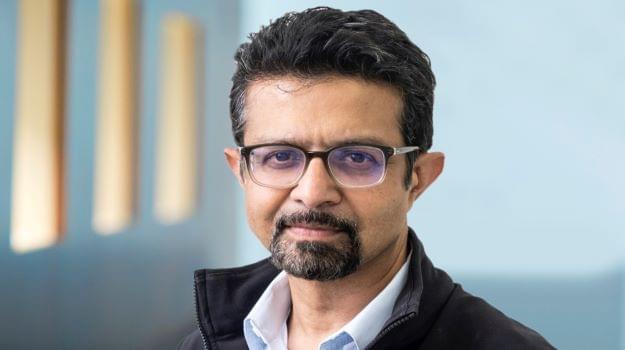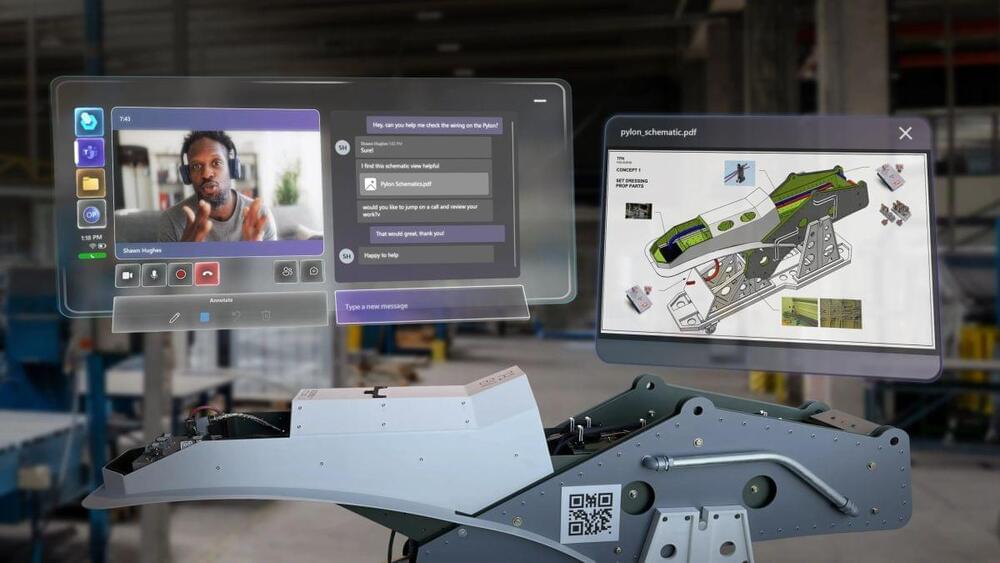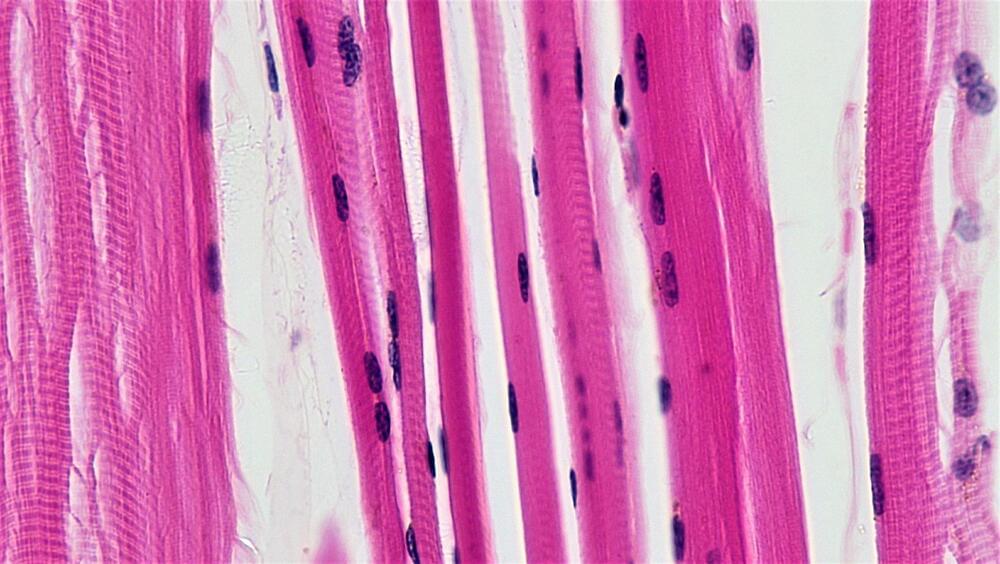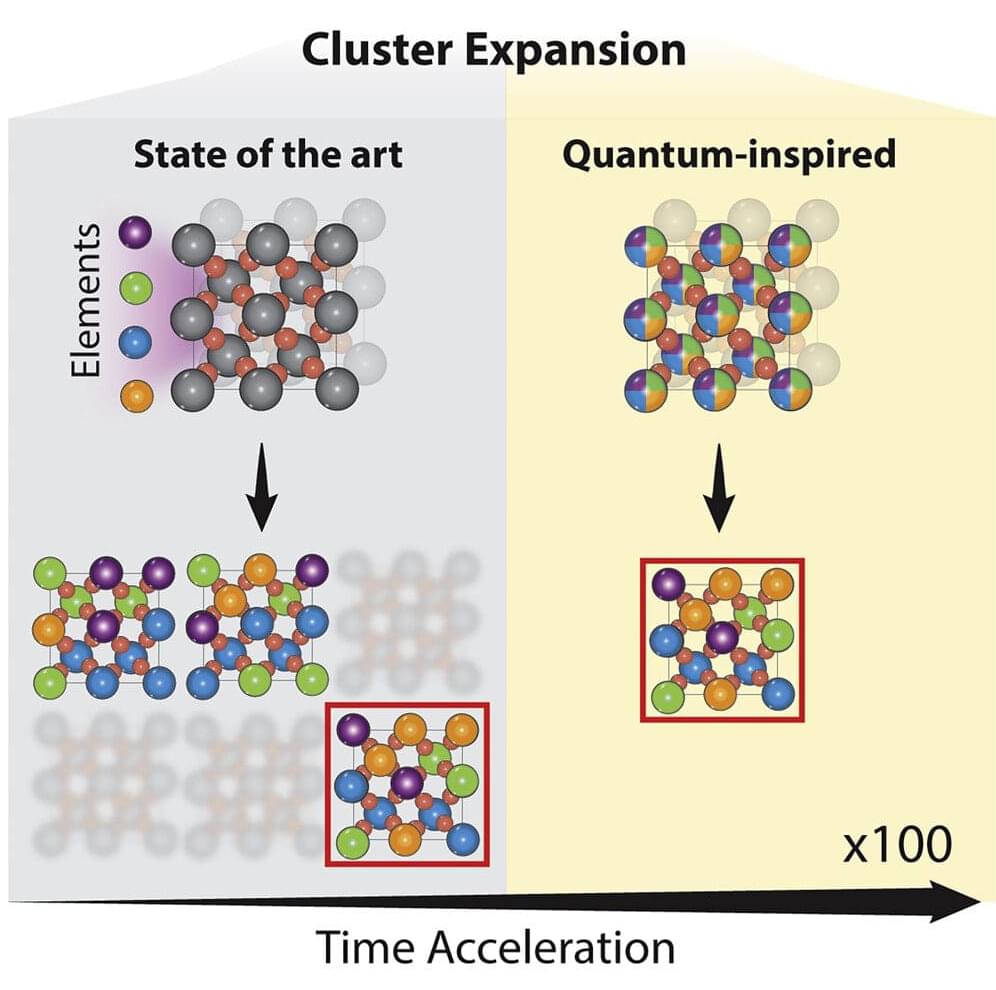Using a chain of atoms in single-file to simulate the event horizon of a black hole, a team of physicists has observed the equivalent of what we call Hawking radiation – particles born from disturbances in the quantum fluctuations caused by the black hole’s break in spacetime.
This, they say, could help resolve the tension between two currently irreconcilable frameworks for describing the Universe: the general theory of relativity, which describes the behavior of gravity as a continuous field known as spacetime; and quantum mechanics, which describes the behavior of discrete particles using the mathematics of probability.
For a unified theory of quantum gravity that can be applied universally, these two immiscible theories need to find a way to somehow get along.








